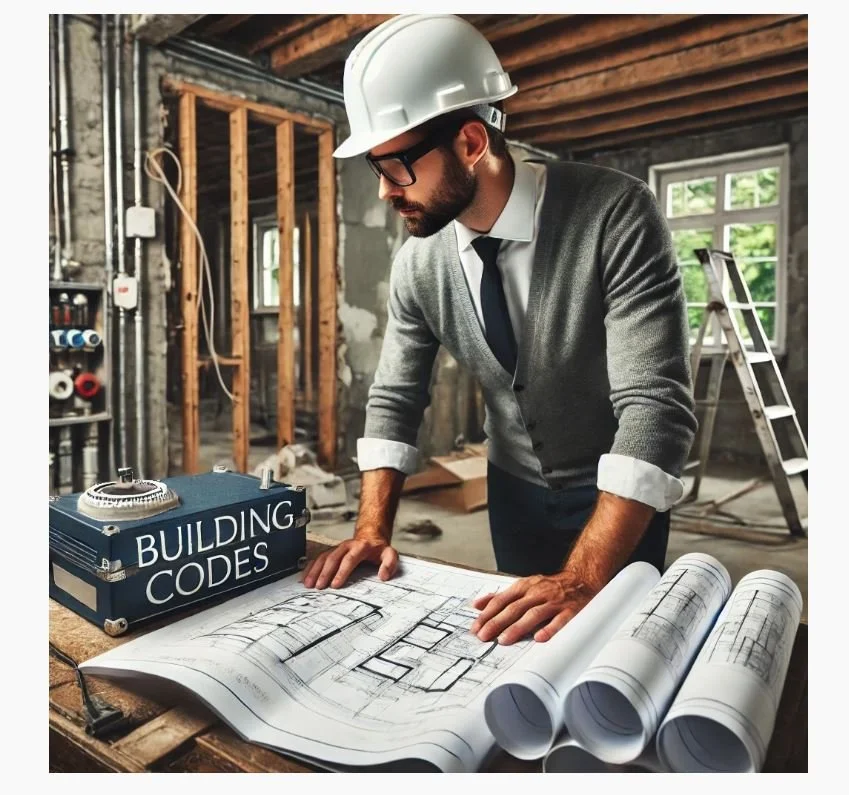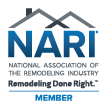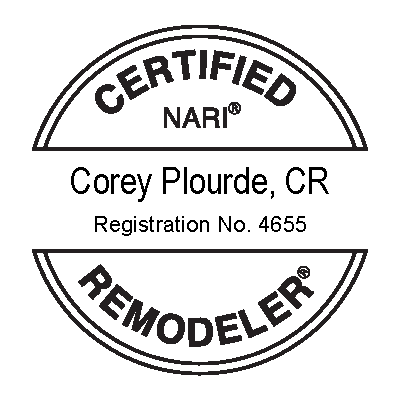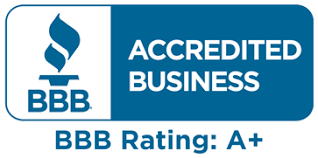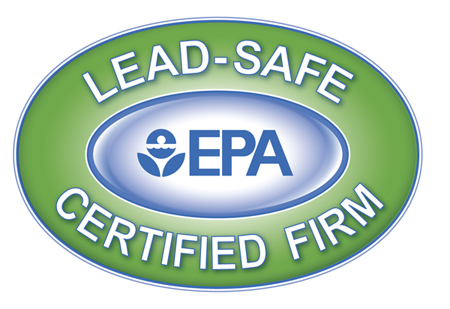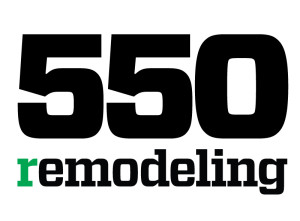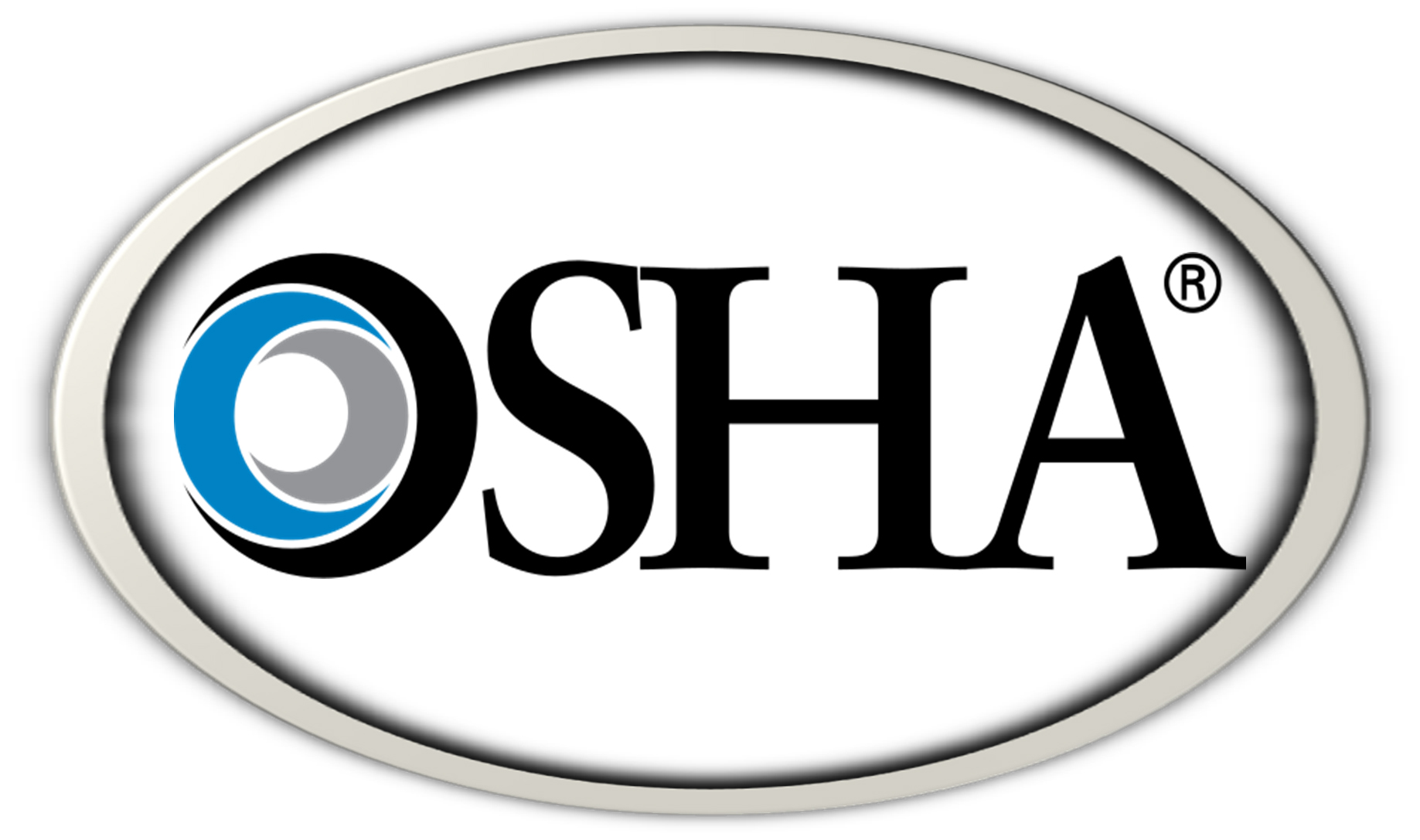What Are the Current Building Codes and Regulations for Home Improvements in Massachusetts? 🏠🔧
/When planning a home improvement project in Massachusetts, it’s crucial to understand the building codes and regulations that apply to ensure your renovation or construction is safe, compliant, and up to local standards. These codes are designed to safeguard the health and safety of homeowners, tenants, and the general public. In this blog post, we’ll take you through the current building codes and regulations you need to be aware of when improving your home in Massachusetts.
What Are Building Codes? 📜
Building codes are a set of regulations established by local governments and building authorities that dictate how structures should be designed, built, and maintained. These codes address various aspects of construction, such as:
Structural Integrity: Ensuring the stability and safety of a building.
Plumbing and Electrical: Rules governing water and electrical systems to prevent hazards.
Energy Efficiency: Guidelines that make sure homes are energy-efficient and environmentally friendly.
Fire Safety: Codes that prevent and control the spread of fire, ensuring fire safety equipment is correctly installed.
Key Regulations for Home Improvements in Massachusetts 🔑
Massachusetts follows the State Building Code which is managed by the Massachusetts Executive Office of Public Safety and Security. Here are some of the key areas of focus:
1. Permits and Approvals 📝
Before beginning most home improvement projects, you will likely need a building permit. Permits ensure that your project is inspected and complies with the Massachusetts State Building Code. Some projects that require permits include:
Electrical work: If you're adding new circuits, outlets, or lighting fixtures.
Plumbing work: For installing new plumbing or altering existing systems.
Structural changes: If you’re altering the footprint of your home, adding walls, or changing the roof structure.
Window and door replacements: Especially if altering the size or location.
For minor projects like painting or replacing non-structural items, you typically won't need a permit. However, always check with your local town or city building department to confirm.
2. Energy Code 🏡⚡
Massachusetts has adopted The Stretch Energy Code, which is part of the Massachusetts State Building Code. The Stretch Energy Code aims to make homes more energy-efficient by reducing energy consumption. It applies to new residential buildings and most major renovations, particularly in terms of insulation, air sealing, and window/door installation.
Here are some of the main features:
Insulation: Adequate insulation in walls, attics, and basements is required.
Air Sealing: The home must meet certain standards for air tightness to minimize heating and cooling loss.
Energy-Efficient Windows: You may need to replace or upgrade windows to meet energy-efficient standards.
3. Plumbing and Electrical Codes ⚡💧
For plumbing and electrical work, you must follow both statewide codes and local regulations.
Plumbing Code: Covers installations related to water supply and waste disposal. You must follow codes that prevent contamination of drinking water, ensure proper drainage, and protect plumbing from freezing.
Electrical Code: Ensures your electrical system is safe and up to modern standards. This covers wiring, outlets, breakers, and grounding.
Hiring licensed professionals is highly recommended for these systems, as they ensure that your installation complies with safety codes.
4. Fire Safety Regulations 🔥
Massachusetts enforces strict fire safety codes to protect homes from the risks of fire. This includes:
Smoke Detectors: Smoke alarms must be installed on every level of the home and inside each bedroom.
Carbon Monoxide Detectors: Required if your home has fuel-burning appliances, such as a gas stove, furnace, or water heater.
Sprinkler Systems: For larger homes, installing sprinkler systems may be required, especially in new constructions.
Inspections 🔍
Once the required permits are obtained and the work begins, your project may be subject to inspections. Inspections are typically performed at different stages of construction to ensure compliance with the Massachusetts building codes. Common inspections include:
Rough Inspection: Conducted before drywall or insulation is installed to ensure structural elements and plumbing/electrical work meet code.
Final Inspection: Ensures the completed work meets all building codes and safety regulations.
Consequences of Not Following Building Codes ⚠️
Failing to follow building codes can lead to serious consequences. These may include:
Fines and Penalties: You may face fines for failing to obtain proper permits or not complying with code requirements.
Project Delays: If inspections reveal violations, you may be forced to halt the project until issues are corrected.
Selling Challenges: Unpermitted or non-compliant work can affect the sale of your home. Buyers may be hesitant or require you to fix issues before purchase.
Safety Risks: Poorly executed renovations can pose fire, electrical, or structural risks that compromise the safety of your home and loved ones.
How to Ensure Your Home Improvement is Code-Compliant ✅
To avoid potential pitfalls and ensure your home improvements are up to code:
Consult Local Authorities: Always check with your local building department for the specific requirements and permits necessary for your project.
Hire Licensed Professionals: Consider hiring a licensed contractor who is familiar with Massachusetts building codes. This ensures your project is completed safely and in compliance.
Get All Necessary Permits: Don’t skip the permit process. Even small projects require approval.
Schedule Inspections: Be proactive in scheduling inspections at the appropriate stages of your project to ensure it meets code requirements.
Conclusion 🏡
Understanding Massachusetts building codes and regulations is essential when planning a home improvement project. Ensuring that your work is up to code not only ensures safety and compliance but also protects your investment in the long run. Whether you're adding a new bathroom, updating the kitchen, or finishing the basement, always prioritize permits, inspections, and safety to enjoy a smooth renovation process.
Core Remodeling Services ensures that all work we do is fully compliant with Massachusetts building codes. Reach out to us today for your next home improvement project, and we’ll guide you through every step of the process!
